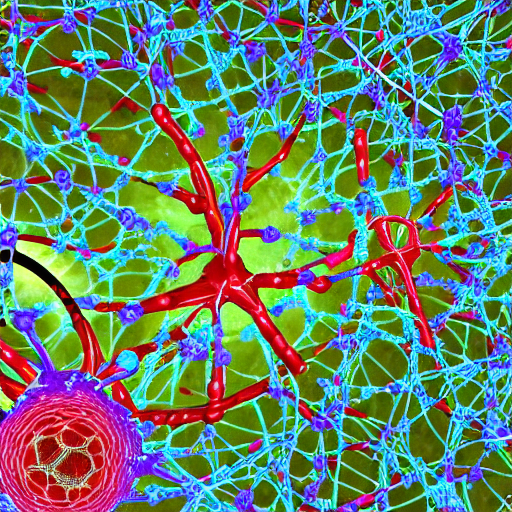Prosperity rejoices at sovereignty deal in upcoming colonization bill
OOC: Published 2022-10-29 | September Expansion 4 (+17 planets +21 moons)Constellation Station - Cities across Prosperity rejoice as the Communion Party announced that they would back down on the Prosperity sovereignty issue, clearing the final roadblock to granting sovereignty to the colony. Prosperity has been fighting for the past couple myriochrons to be reclassified from a colony under Constellation Colonial Assembly (CCA) jurisdiction to Full Member of the Constellation, and with the majority of the Constellar Council now supporting, the monumental event is set for next hectochron, when the final vote on the Prosperity Accession and Next-Generation Colonial Plan is held on Constellation Station.
Accompanying this change are the plans for colonizing Tranquility, Horizon, and Verity, the impetus for the change in the Communion Party's stance. Corporations who offered to invest and develop infrastructure for the new colonies were sent into a panic when Prosperity threatened to boycott the rest of the Constellation, leading to a cumulative 9.7% dip in the Interstellar Industrial Index. Following this, the corporations formed the Colonial Industry and Infrastructure Interest Group (CIIIG) and issued an ultimatum refusing to accept government contracts in the new colonies unless they agreed to Prosperity's sovereignty demands and established an oversight committee of private-sector representatives in the CCA to keep this from happening again.
After the Constellar Council's hearing with CIIIG, the government agreed to establish the Industry and Development Council (IDC) within the CCA, advising the CCA on colonial industry and coordinating contracts with the private sector. Opponents to the IDC note a conflict of interest, with mostly corporate representatives in the IDC advising the CCA to create contracts with corporations. On the other hand, proponents say that giving the private sector a more powerful voice in the CCA will streamline the development of colonies and prevent the economic upheaval experienced during the Prosperity boycott crisis.
Though the IDC remains steeped in public controversy, the Communion Party is happy to put a stop to the rapid stock market downturn and to be the first government to create three new colonies. With the turbulence in Constellation politics, they're going to need the new colonies to be a smashing success if they're to make government in the upcoming election.


